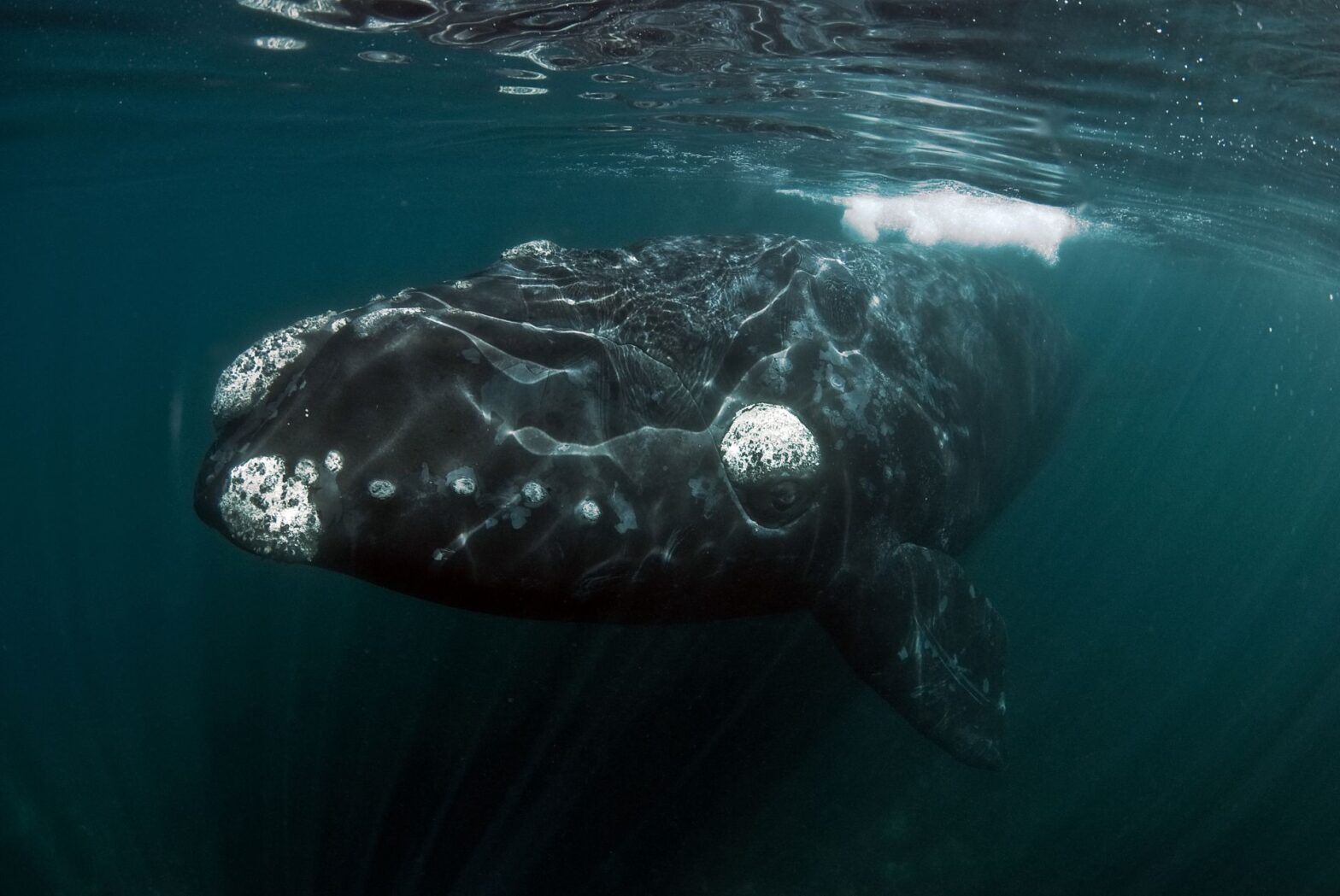New research findings emphasise the call for quieter oceans
Actually, we don’t need any more studies to prove that underwater noise has a negative impact on whales, but new research underscores the already loud call for quieter oceans. Two current studies look into the effects of noise on beaked whales and minke whales.
Beaked whales are the world record holders for deepest and longest dives among marine mammals and they are reported to be particularly vulnerable to mid-frequency active sonar, which is employed in anti-submarine warfare. There are thought to be 23 species in the beaked whale family, but we know very little about them. A new study now examined stranding events of beaked whales on Guam and Saipan, two islands of the Mariana Archipelago in the West Pacific. Here, passive acoustic monitoring has been recording regular activity of three beaked whale species, indicating that this is an important habitat for beaked whales.
Local biologists have been recording marine mammal strandings in the Mariana Archipelago for more than 25 years. Over this period, no beaked whale strandings occurred until 2007. However, from 2007 to January 2019, along with an increase in military activity, Cuvier’s beaked whales have stranded on the two islands on eight occasions.
Half of these stranding events occurred during or within 6 days following multinational naval anti-submarine sonar training activities. The likelihood that the strandings were coincidental is less than 1 percent. This suggests that there is a highly significant correlation between sonar and beaked whale strandings, adding the Mariana Archipelago to a global list of locations, including the Bahamas, Canary Islands and the Mediterranean, where sonar-associated beaked whale strandings have been clearly documented.
Another new study analysed more than 42,000 minke whale calls in Hawaii. The scientists found that minke whale calls grew louder, as background noise intensified. That’s not surprising. Many animals up their volume when there’s background noise. But minke whales’ responses seem to be limited. The intensity of their calls increased only marginally in the presence of loud noise.
The scientists estimate that minke whales calling in a relatively low-noise environment could be heard by others as far as 114 kilometres away; as noise levels increased, that range dropped to just 19 kilometres. As sound is the primary way for whales to sense and understand their environment, growing noise deprives them of the ability to communicate over long distances. This could limit their ability to find mates and engage in important social contact with other whales.
Read further: OceanCare report on the impact of ocean noise pollution on fish and invertebrates from Lindy Weilgart, PH.D., Senior Ocean Noise Expert.
